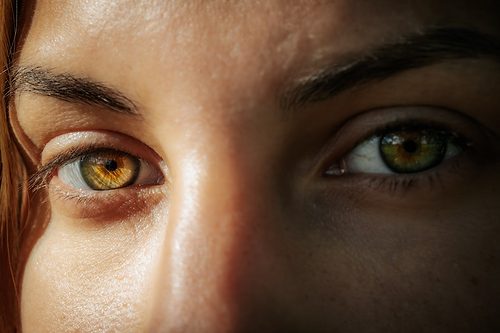Articles Tagged with ''depressive_disorder''
Physical Activity Improves Mental Health in Obese Adults
Section editor, Glen Spielmans, PhD
Glen Spielmans, PhD, has disclosed that he has no relevant financial or other interests in any commercial companies ertaining to this educational activity.
Read More
Transcranial Direct Current Stimulation for Depression
Section editor, Glen Spielmans, PhD
Glen Spielmans, PhD, has disclosed that he has no relevant financial or other interests in any commercial companies ertaining to this educational activity.
Read More
Study Looks at Use of TMS to Treat Depression
Glen Spielmans, PhD
Associate professor of psychology, Metropolitan State University, St. Paul, MN
Glen Spielmans, PhD, has disclosed that he has no relevant financial or other interests in any commercial companies pertaining to this educational activity.
Read More
Low Dose Abilify Ineffective as Adjunct for MDD
Glen Spielmans, PhD
Associate professor of psychology, Metropolitan State University, St. Paul, MN
Glen Spielmans, PhD, has disclosed that he has no relevant financial or other interests in any commercial companies pertaining to this educational activity.
Read More
Patient Preference Not a Good Predictor of Treatment Response
Glen Spielmans, PhD
Associate professor of psychology, Metropolitan State University, St. Paul, MN
Glen Spielmans, PhD, has disclosed that he has no relevant financial or other interests in any commercial companies pertaining to this educational activity.
Read More
Depression
Glen Spielmans, PhD
Associate professor of psychology, Metropolitan State University, St. Paul, MN
Glen Spielmans, PhD, has disclosed that he has no relevant financial or other interests in any commercial companies pertaining to this educational activity.
Read More
Deplin: Is it Just Folate by Another Name?
Steve Balt, MD
Research fellow, Addiction Pharmacology Research Laboratory, California Pacific Medical Center
Dr. Balt discloses that his spouse is employed as a sales representative for Bristol Myers Squibb.
Read More

_-The-Breakthrough-Antipsychotic-That-Could-Change-Everything.jpg?1729528747)



